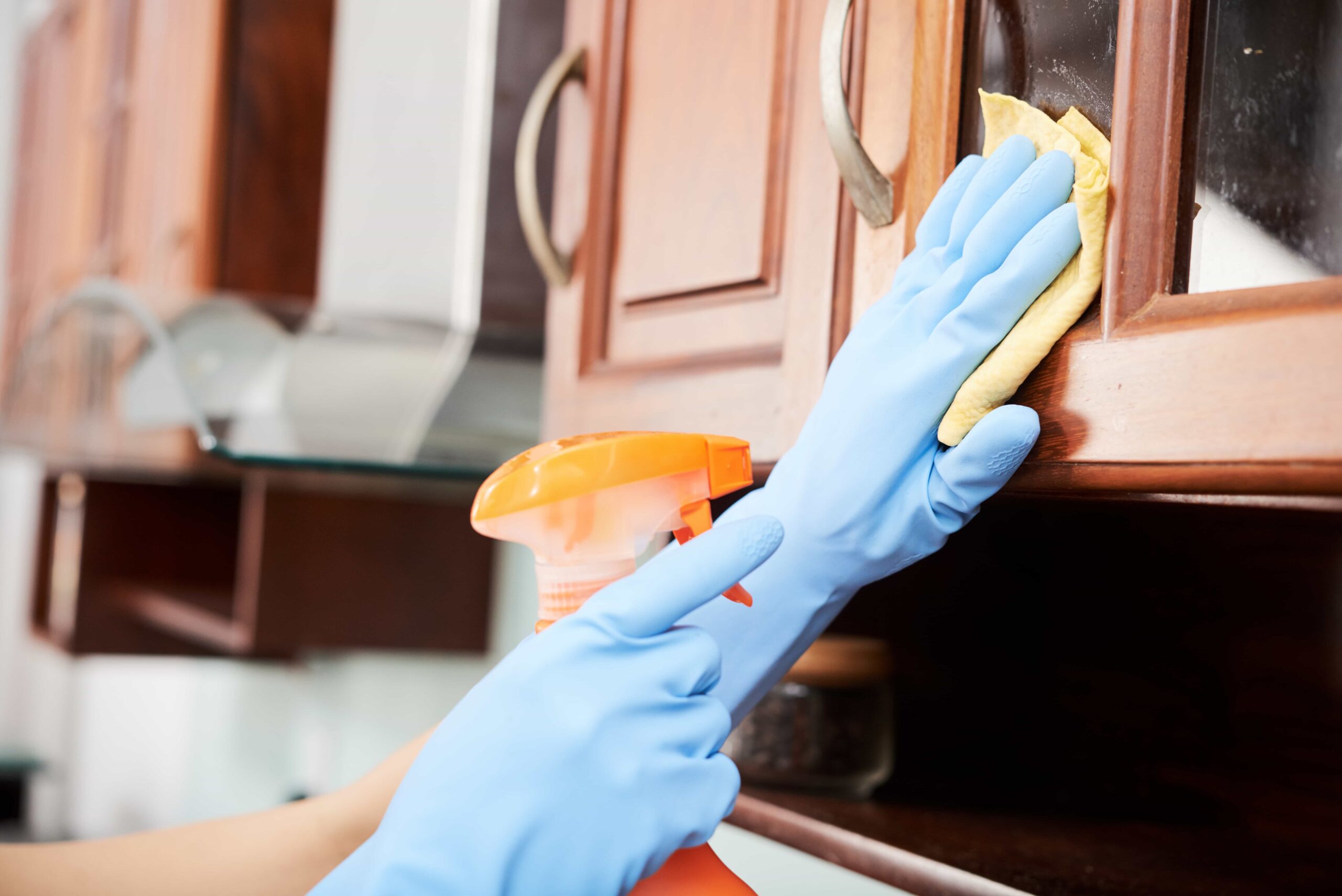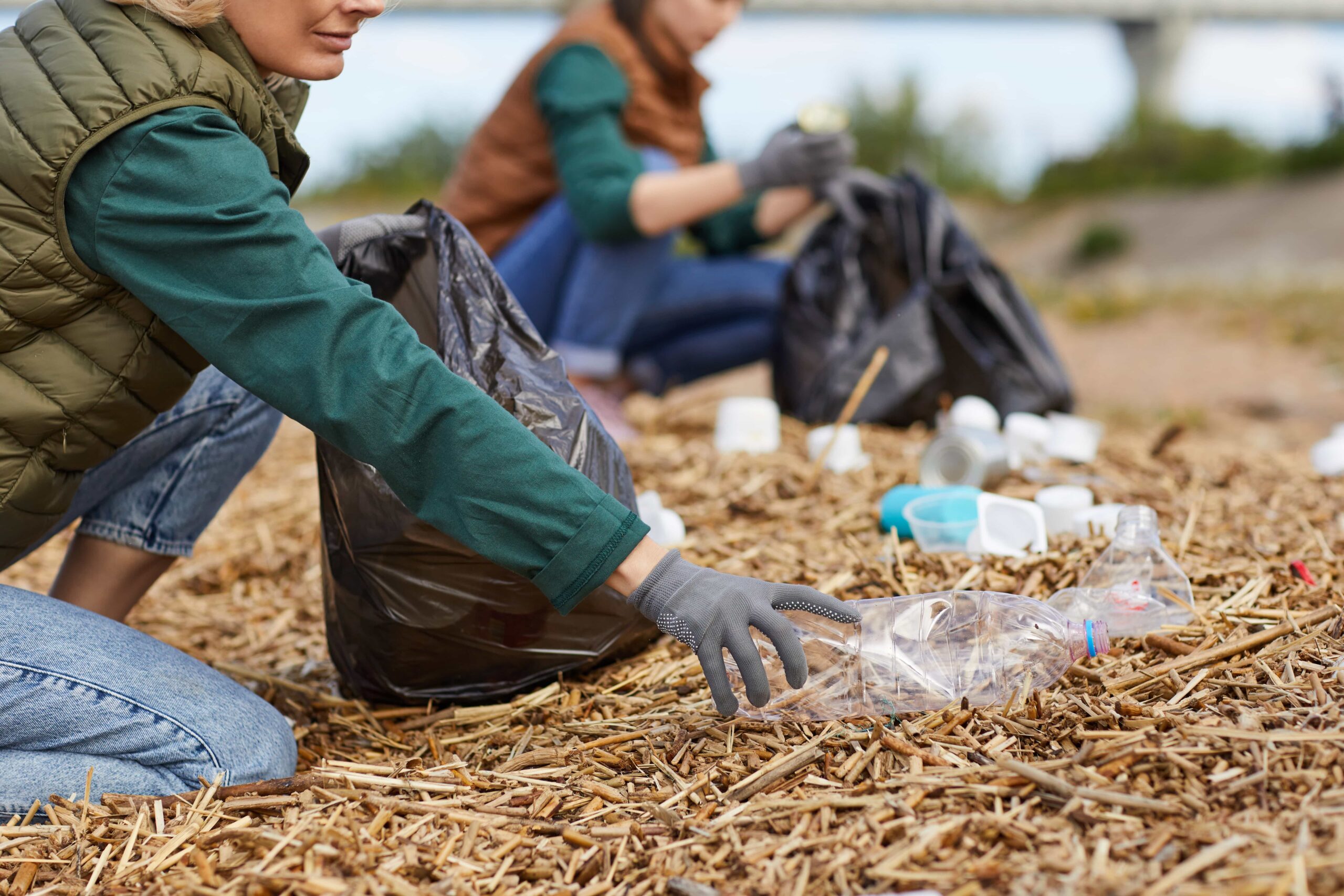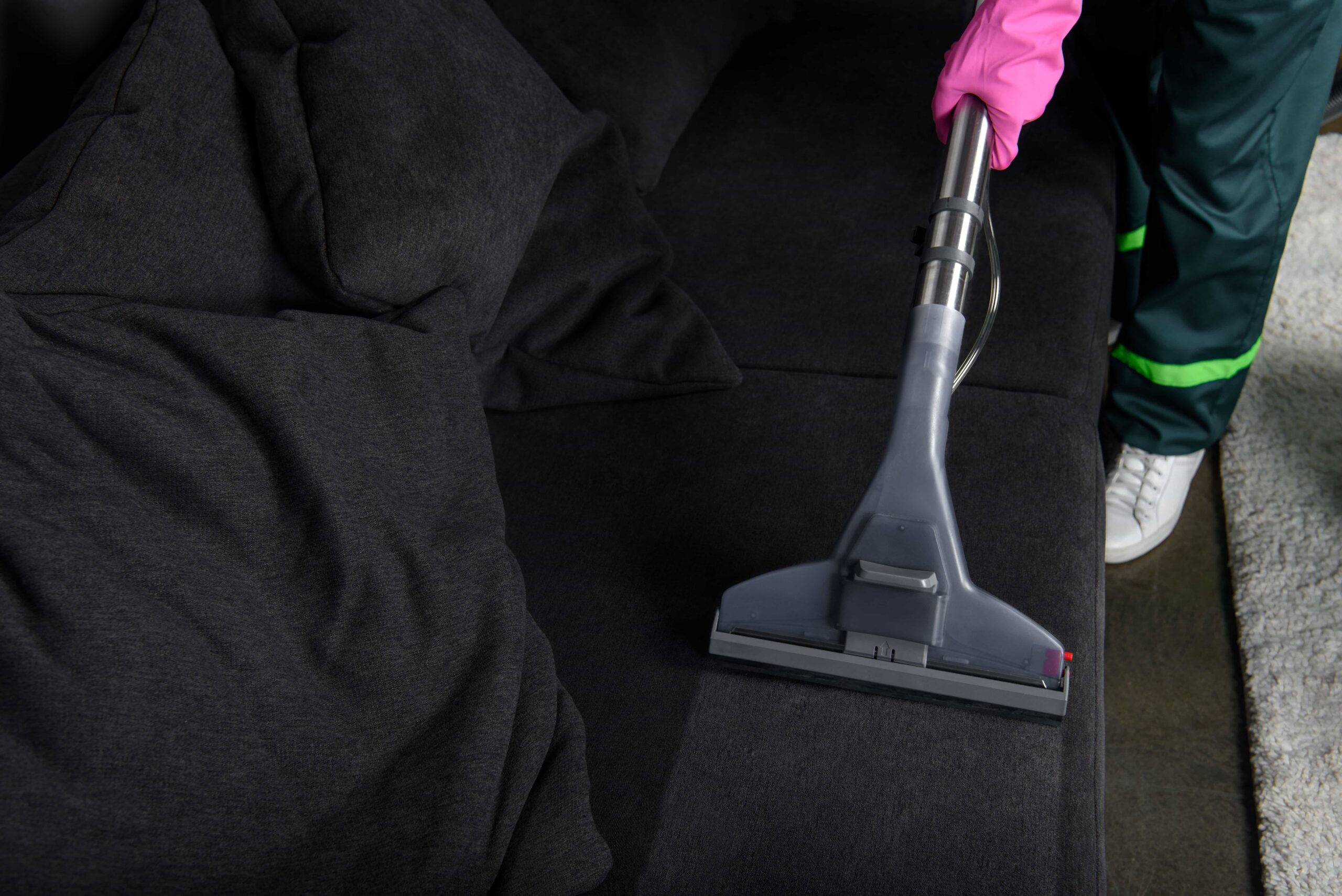
- 01392 834742
- [email protected]
- Open 24 Hours

Have you ever wondered who cleans up crime scenes after the investigators have finished their work? It’s not a job for the faint of heart but for those with a strong stomach and a desire to help others in their darkest moments, becoming a crime scene cleaner can be rewarding and fulfilling. This blog post will explore what it takes to become a crime scene cleaner in the UK, including the required qualifications, job duties, working hours expected, earning potential, and career prospects. So if you’re ready to roll up your sleeves and dive into the world of trauma cleaning (also known as crime scene cleaning), keep reading!
Crime scene cleaning, also known as trauma cleaning, is a specialized profession that involves meticulously cleaning and restoring areas where traumatic events have occurred. These events can range from homicides and suicides to accidents and unattended deaths.
The role of a crime scene cleaner goes beyond simply tidying up; it requires an understanding of biohazardous materials, bloodborne pathogens, and proper disposal procedures. Crime scene cleaners remove all traces of bodily fluids, tissue matter, chemicals, and other potentially hazardous substances.
This line of work demands strong attention to detail and adherence to strict safety protocols. Crime scene cleaners must wear appropriate personal protective equipment (PPE), such as gloves, masks, goggles, and coveralls, to minimize exposure to harmful substances.
In addition to dealing with physical cleanup tasks, crime scene cleaners often provide emotional support to grieving families during one of the most challenging times in their lives. They must demonstrate empathy while maintaining professionalism throughout the process.
Crime scene cleaning requires individuals with unique technical skills, compassion for others’ well-being during trying times, and composure to handle stressful situations.
When it comes to becoming a crime scene cleaner in the UK, there are specific qualifications that you need to possess. While formal education is not always required, having relevant training and certifications can significantly enhance your chances of landing a job in this field.
One of the critical qualifications is completing a trauma cleaning course. These courses provide in-depth training on handling hazardous materials and cleaning up crime scenes safely and effectively. They cover bloodborne pathogens, biohazardous waste disposal, and proper cleaning techniques.
In addition to specific training courses, having knowledge or experience in related fields such as healthcare or emergency services is also beneficial. This background can provide valuable insight into dealing with traumatic situations and understanding the importance of thorough cleaning procedures.
Furthermore, strong attention to detail, physical stamina, and emotional resilience are essential qualities for anyone considering a career in crime scene cleaning. The nature of the work can be physically demanding and emotionally challenging at times.
While there may not be strict educational requirements for becoming a crime scene cleaner in the UK, obtaining relevant certifications and having applicable experience will significantly increase your chances of success in this profession.
Crime scene cleaning is a challenging and specialized profession. As a crime scene cleaner, you will be responsible for restoring the affected areas to their pre-incident state, ensuring that all traces of trauma or biohazards are safely removed. This role requires attention to detail, strong physical stamina, and emotional resilience.
One of the primary duties of a crime scene cleaner is to clean up blood, bodily fluids, and other hazardous materials that may be present at the crime scene. This involves using specialized equipment and cleaning agents to sanitize the area thoroughly.
In addition to cleaning up biohazards, crime scene cleaners must properly dispose of any waste materials by legal regulations. They must handle such substances with care and ensure proper containment during transportation.
Another important aspect of this job is decontaminating surfaces and objects exposed to potentially harmful substances. Crime scene cleaners use techniques, sterilization, and deep cleaning to eliminatechniques te and pathogens.
Furthermore, crime scene cleaners may need to remove and dispose of furniture or other items that cannot be adequately cleaned or salvaged due to contamination. They must also document their work meticulously for insurance purposes or legal documentation.
Being a crime scene cleaner requires professionalism, compassion for those affected by the tragedy, and meticulous attention to detail in sanitizing environments effectively while adhering strictly to health and safety guidelines.
Remember, always take great pride in providing an essential service that helps individuals begin the process of healing after traumatic events!
Working hours as a crime scene cleaner can vary depending on the specific job and the company you work for. Crime scenes can occur at any time of day or night, so you may be required to work irregular hours, including evenings, weekends, and holidays. This is because emergencies often require immediate attention and cleanup.
As a trauma cleaner, you need to be prepared for unpredictable schedules. You could receive a call in the middle of the night requiring your services at a crime scene. Therefore, flexibility is essential in this line of work.
The duration of each cleaning job can also vary greatly depending on the severity of the situation. Some positions may only take a few hours, while others require several days. It all depends on factors such as the size of the area affected and how extensive the cleanup process is.
Additionally, if you work for a private cleaning company that exclusively offers trauma cleaning services, your workload might be more predictable with regular office hours. However, if you choose to work independently or freelance in this field, it’s important to note that your schedule will likely be less structured.
Being a crime scene cleaner requires adaptability and availability around-the-clock since emergencies don’t adhere to traditional working hours.
When considering a career as a crime scene cleaner in the UK, one crucial aspect is earning potential. While it may not be the most glamorous job, crime scene cleaners play a vital role in restoring order and cleanliness after traumatic events. But how much can you expect to earn in this profession?
The salary of a crime scene cleaner in the UK can vary depending on several factors, such as experience, location, and employer. On average, entry-level positions may start at around £18,000 per year. However, with more experience and specialized training, earnings can increase significantly.
Experienced crime scene cleaners who have gained a reputation for their expertise and professionalism may earn upwards of £30,000 per year or more. Working for high-profile clients or private companies could also lead to higher pay rates.
It’s worth noting that overtime opportunities are joint in this field due to the unpredictable nature of crime scenes. This means additional income can be earned through extra hours worked or on-call during weekends or holidays.
While the salary range for crime scene cleaners may not rival some other professions, it is essential to remember that this line of work offers unique challenges and requires special skills. The rewarding feeling of helping others during difficult times often outweighs any financial concerns for those passionate about trauma-cleaning operations.
If you’re considering a career in crime scene cleaning, you might be wondering about the potential for growth and advancement. Well, the good news is that this field has progression opportunities.
As a crime scene cleaner, you can start by gaining experience and expertise in basic trauma cleaning tasks. This may involve sanitizing and decontaminating crime scenes, removing biohazardous materials, and restoring affected areas to their original condition. With time and continued learning, you can become proficient in specialized areas such as hoarding cleanup or hazardous waste management.
In terms of career prospects, there are several paths you can explore. Some crime scene cleaners choose to work for established companies specializing in trauma cleaning services. Others may start their businesses once they have gained enough experience and knowledge of industry regulations.
There is also the opportunity to progress into supervisory or managerial roles within larger organizations. This may involve overseeing teams of cleaners on various projects or taking on client relations and business operations responsibilities.
Furthermore, ongoing professional development through training courses or certifications can enhance your skill set and make you more competitive in the job market.
While it’s important to note that career advancement may vary depending on location and demand for services at any given time, dedication and continuous self-improvement opportunities await those willing to put forth the effort in this unique profession.
Becoming a crime scene cleaner in the UK is not for everyone, but it can be a gratifying career for those with a strong stomach and a desire to help others during their darkest moments. Trauma cleaning is a specialized field that requires specific qualifications and training. The job duties are diverse, ranging from biohazard cleanup to odour removal.
Working hours as a crime scene cleaner can be unpredictable, as emergencies can happen at any time of the day or night. However, this flexibility also means you can earn more through overtime or on-call pay.
Regarding salary, crime scene cleaners in the UK can earn between £18,000 and £30,000 per year, depending on experience and location. While it may not be the highest-paying job, the work provides a unique opportunity to make a real difference in people’s lives when needed.
Career prospects within trauma cleaning are promising as there will always be incidents requiring professional cleanup services. With further experience and training, you could even progress into a team leader or supervisor role.
Suppose you’re considering becoming a crime scene cleaner in the UK. In that case, it’s essential to research and ensure that you have both the physical resilience and emotional strength required for this demanding role. Remember that proper training is necessary to handle potentially hazardous materials safely.
Overall (Oops! Almost used “overall”!), while being a crime scene cleaner may not be glamorous or easy, it is undoubtedly an occupation where you’ll play an integral part in helping communities heal after traumatic events. So if you’re up for the challenge of trauma cleaning (or trauma cleaning?), why not explore this unique career path?

Lorem ipsum dolor sit amet, consectetur adipiscing elit, sed do eiusmod tempor incididunt ut labore et dolore magna aliqua.



Lorem ipsum dolor sit amet, consectetur adipiscing elit
Call Anytime
If you have any questions on any of our cleaning services then please just ‘Contact Us’ and we will be happy to help.



Copyright ©2023 Ashton Cleaning Services. All Rights Reserved. Built & Hosted by Mediatopia